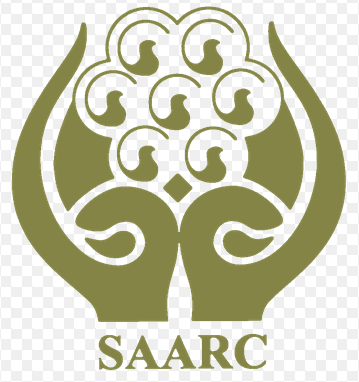Union Cabinet approves SAARC Framework Agreement for Energy Cooperation
Union Cabinet has given its final nod for signing of SAARC Framework Agreement for Energy Cooperation (Electricity) among the SAARC Member States during the forthcoming 18th SAARC Summit. This Union Cabinet meeting was chaired by the Prime Minister, Narendra Modi.
The 18th SAARC Summit scheduled to be held at Kathmandu, Nepal on 26-27 November, 2014.
Key facts of SAARC Framework Agreement for Energy Cooperation (Electricity)
- It will enable greater cooperation in the power sector among SAARC countries.
- It is expected to improve the power availability in the entire SAARC region.
- It would facilitate integrated operation of the regional power grid among member States.
Implications of this framework
- This agreement will boost the implementation of common power grid between SAARC members. Thus help them to share the hydroelectric power generated in North East India to Bangladesh, Nepal and other countries.
- Excess electricity from India and Pakistan can be supplied to electricity deficient Afghanistan.
- Offshore wind projects could be set up in Sri Lanka’s coastal borders to power southern part of India and Sri Lanka.
Background of SAARC Framework Agreement for Energy Cooperation
In 2000, the process of regional cooperation in energy sector began between SAARC Member States with the establishment of a Technical Committee on Energy. Thereafter, the Islamabad Declaration at the 12th SAARC Summit in 2004 constituted, Ministerial level Energy Forum for regional cooperation in energy sector. Later on, 5th SAARC Energy Ministers Meeting finalized the SAARC Framework Agreement for Energy Cooperation (Electricity). This has been a significant achievement of the Ministers’ meeting, as this Agreement has been pending since 2010 and is a crucial step towards developing a SAARC Market for Electricity (SAME) on a regional basis.
India’s Stance: India in this meet had called for building SAARC power grid so that excess production of power in one region can easily be used to meet deficit elsewhere.
Month: Current Affairs - November, 2014


